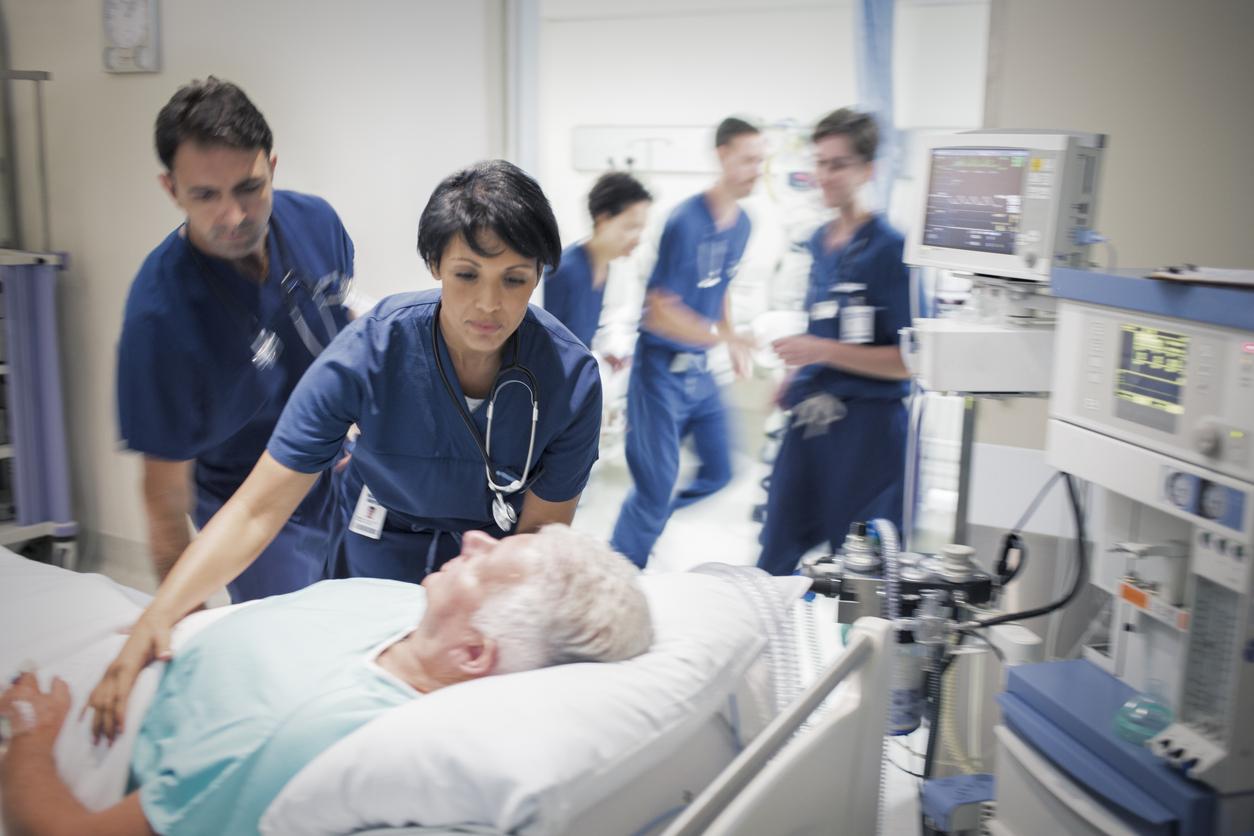Faced with the risk of a new resurgence of the Covid-19 epidemic, France has been deploying new saliva tests in schools since Monday February 22. In the same vein, the Haute Autorité de Santé lists other indications.

- Saliva tests have been deployed since February 22 in schools in Zone A
- The High Authority for Health recommends that these tests should also be used in first intention for asymptomatic patients
While saliva tests for Covid-19 have been deployed in schools in zone A since Monday February 22, the HAS (High Authority for Health) is in favor of extending their indications.
Prime Minister Jean Castex has set a target of at least 200,000 saliva tests per week in schools, with a gradual implementation when the school holidays return. These saliva tests are first deployed “towards children, in schools, colleges, high schools”, he explained, “a public that is more fragile and sometimes more reluctant to the nasopharyngeal test and the inconvenience it can cause”. It is planned to then deploy them to caregivers and “populations forced to test themselves often”, to facilitate their work.
Three scenarios considered
Given the results of a very large meta-analysis of 65 trials on the diagnostic performance of these tests, HAS is also in favor of extending the indications for wage tests. Three scenarios are considered by the experts:
– in symptomatic patients, the indications defined in the September opinion remain unchanged: the saliva sample test is indicated as a second intention when nasopharyngeal sampling is difficult or impossible.
– In contact persons, saliva sampling is now indicated as a second intention during contact tracing, when nasopharyngeal sampling is difficult or impossible.
– In asymptomatic people, saliva sampling being more accepted than that which consists in introducing a swab at the back of the nose, it is now indicated in 1st intention within the framework of a large-scale targeted screening on closed population (schools, colleges , high schools, universities, staff of health establishments or nursing homes, etc.).
Slightly lower sensitivity
The turnaround time for the result of a saliva RT-PCR test is the same as that of a nasopharyngeal RT-PCR test. Its susceptibility to coronavirus is slightly lower (3% at 11%).
.

















